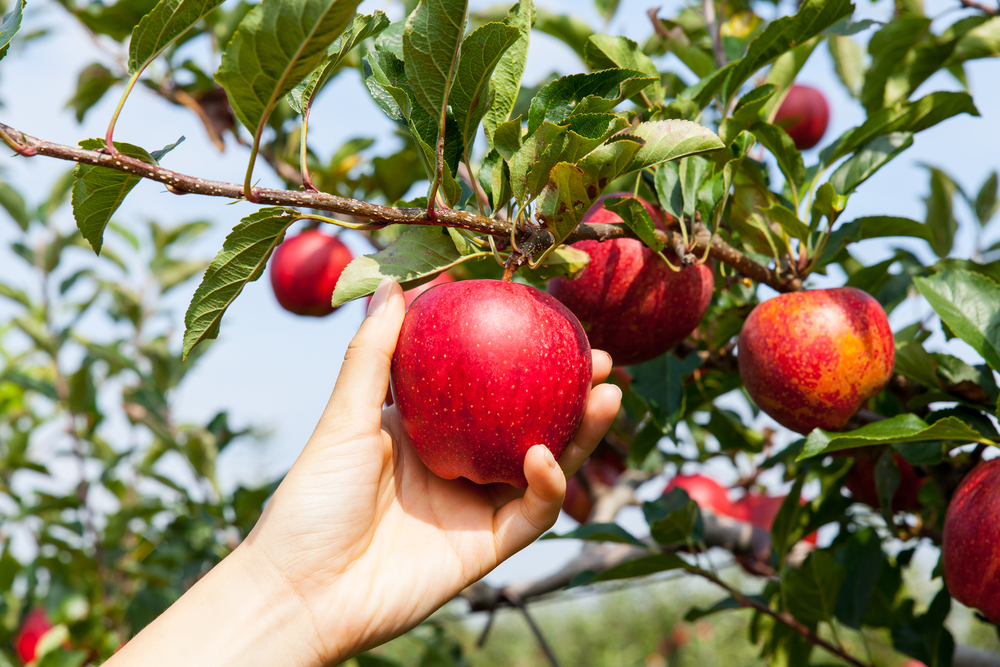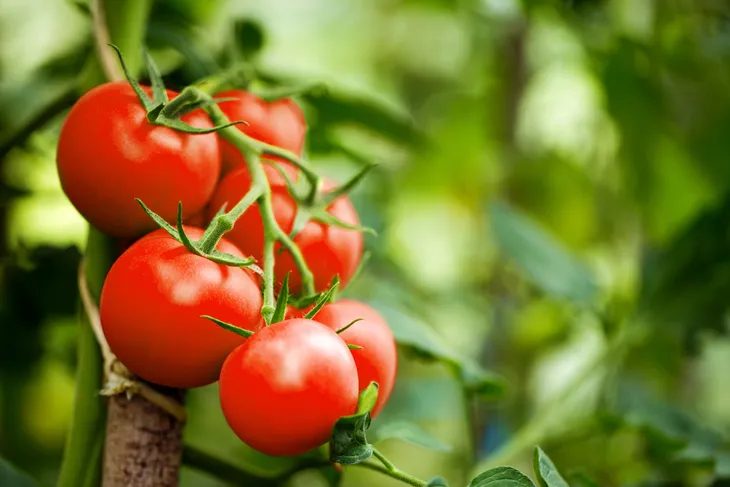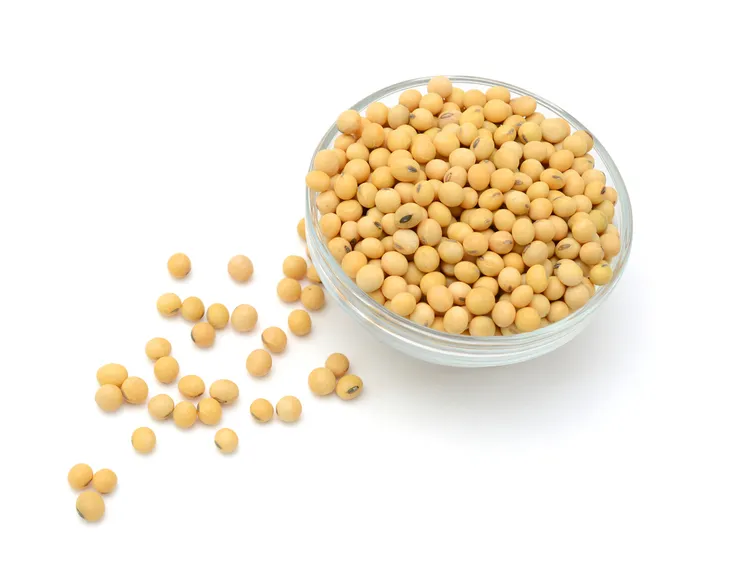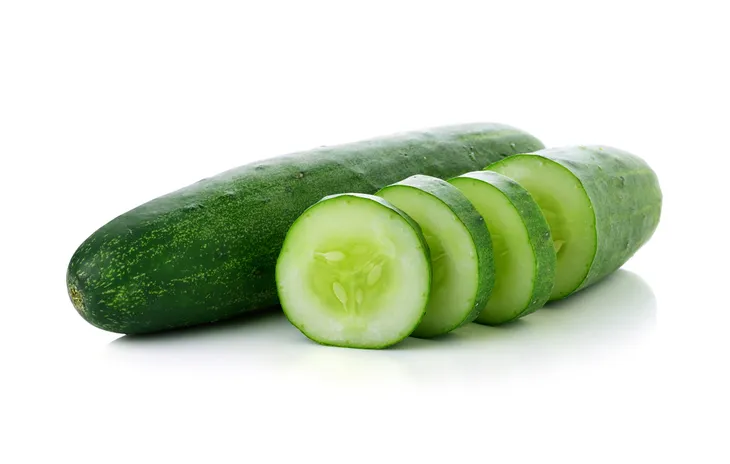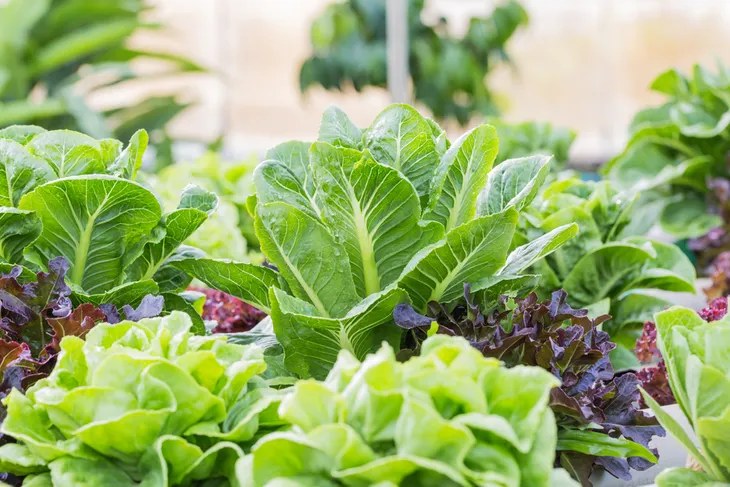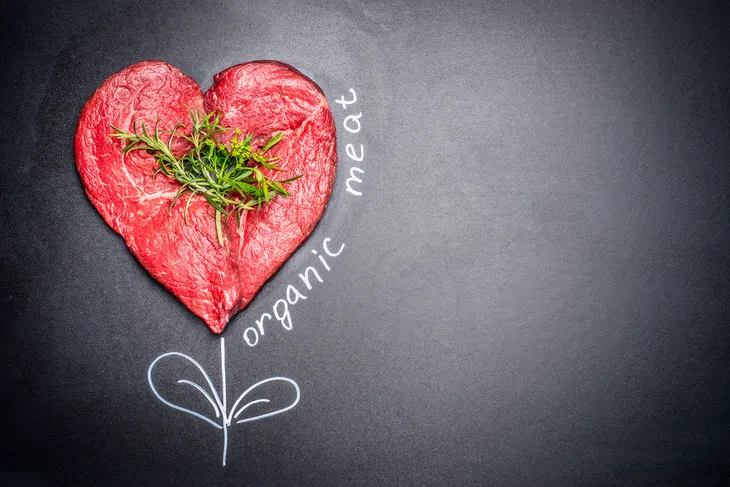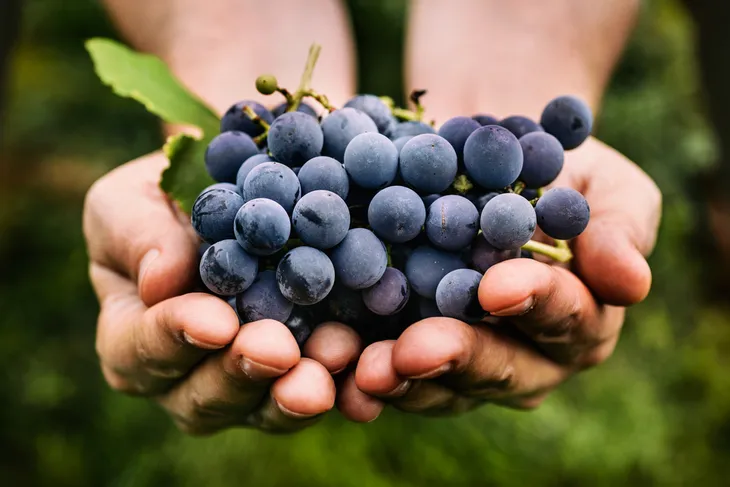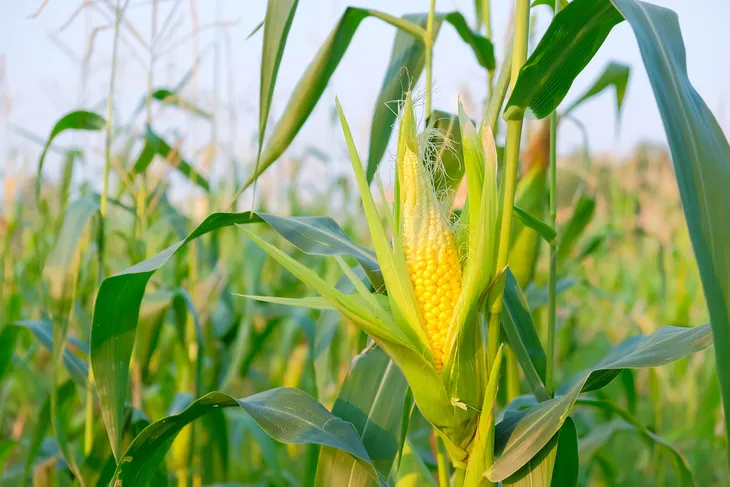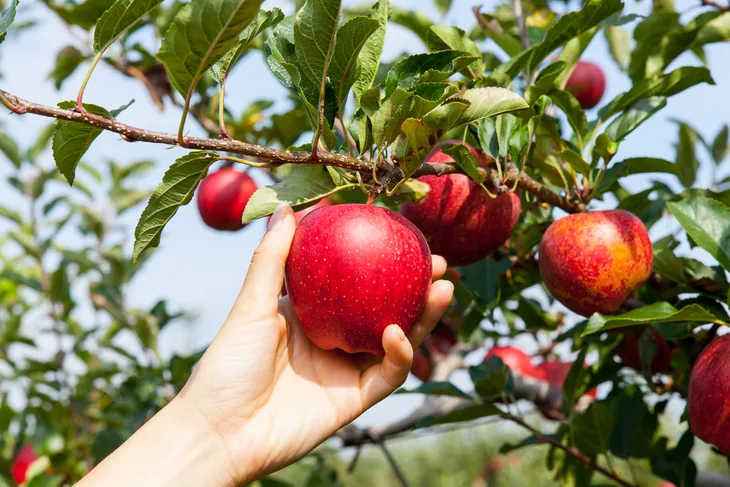Have you ever compared the cost of organic foods to the same non-organic products? Sometimes the difference can be staggering, especially when it comes to fruits and vegetables. For many Americans, buying organic foods is a luxury that can’t be afforded and with the average weekly grocery bill for a family of four being about $215, can you really blame them?
Some people however choose to spend the extra money on organic foods to ensure they ingest fewer chemicals and pesticides, but is it always worth the extra money you spend? If you’re looking to reduce your exposure to commercial chemicals and pesticides for a healthier diet but you’re cautious about wasting money, here are ten places where buying organic is actually worth spending those extra dollars…
Dairy
Dairy products like milk, yogurt and cheese can often contain milk from cows that were given antibiotics or growth hormones. For this reason it’s worth it to spend the extra money on certified organic dairy products wherever possible to ensure you’re not ingesting these additives that may not be very good for your own health.
If you want to go even further, you can look for dairy products labeled as organic and grass-fed. This means the milk will be from cows that were fed a grain-free diet and were allowed to forage for grass on their own. This is also important if you’re concerned with animal welfare as grass-fed cows enjoy much more freedom and quality of life than commercial dairy cows.
Tomatoes
Tomatoes are so versatile, they can be eaten raw in salads and sandwiches or cooked into sauces, stews and other savoury dishes, but the next time you’re shopping for tomatoes, think about choosing organic. Tomatoes rank as the tenth dirtiest produce by the Environmental Working Group and they were found to carry almost 70 different types of pesticides by the USDA Pesticide Program.
Typically with tomatoes you eat the skin, which means you’re eating whatever pesticide residue is left on the fruit. Even if you do buy organic, always give your tomatoes a through, but gentle wash before cooking or eating them.
Soy
Soy can be found in many forms: tofu, edamame, soy milk, tempeh and even hidden soybean oil. It’s important to note that as of 2015, approximately 94-percent of all soybeans produced in the United States are genetically modified according to the USDA Economic Research Service.
So if you’re at all concerned with consuming genetically modified ingredients, look for organic when purchasing soy products like tofu, soy milk, edamame and tempeh. It’s also important to read the labels on the products you’re buying as most of the GM soybeans produced are turning into oil which is then used in many packaged foods, so you could be consuming GM soy without even knowing it.
Cucumbers
You may not have thought that cucumbers would contain a shocking amount of chemical pesticides, especially considering they seem to go so easily in backyard gardens, but the USDA Pesticide Program says these crunchy veggies were found to have more than 86 different types of pesticides.
They’re also considered the ninth dirtiest produce by the Environmental Working Group. For these reasons it’s recommended you buy organic cucumbers whenever possible as the extra money spent will mean less pesticide residues on your food. If organic isn’t available, the next best step is to thoroughly wash your cucumbers and peel the skin before you eat them.
Leafy Greens
Leafy greens like spinach, kale and lettuce have some unfortunate features that make them especially prone to containing chemicals and pesticides. Their broad leaves provide a larger surface area for pesticides to stick to and because of their leafy nature, this can be difficult to wash off. You also eat the whole plant, meaning there is no skin to peel off to remove some of the pesticide residue.
For these reasons, organic greens are the way to go, unless you don’t mind soaking your greens with a vegetable rinse, then drying and re-packaging for storage, but we say the extra money spent is well worth skipping that extra work when you get your groceries home.
Meat
Like dairy products, meat including chicken, pork and beef can contain antibiotics and growth hormones. What’s more is that non-organic meat can also contain chemical pesticides which the animals consume in their feed. The grains used as animal feed are grown using herbicides and synthetic fertilizers which the animal eats and then passes on to us.
Choosing certified organic and grass-fed meat means you won’t be ingesting these pesticides, antibiotics and hormones, considering this fact may make the extra money a worthy expense. And, as with dairy, your choices can also have an impact on animal welfare and environmental impact as commercial cattle farming increasingly becomes a topic of great controversy.
Grapes
Grapes have always been a popular healthy snack option but it may surprise you to know that these sweet little spheres can contain over 15 different types of pesticides. While they offer many healthy vitamins and minerals, these positive effects can be counteracted by the chemical residues they can harbor.
Consider choosing organic grapes for a couple of reasons: first, you always eat the whole grape, skins and all, which means any residue left over after washing gets eaten as well. Also, who loves grapes the most? Kids. The effects of frequent exposure to these chemical pesticides at a young age is a topic of study, and of great controversy. If you want to avoid the risk with your little ones, pay a little extra for the organic option in this case.
Corn
Corn shares a similar story with soy, mostly because they’re both commercially produced crops that are turned into animal feed and oil used in packaged foods. About 90-percent of the corn grown in the United States is genetically modified. So if avoiding GM ingredients is important to you, choose organic corn.
And that goes for corn products as well, like corn chips, tortillas, popcorn, corn meal, cornstarch and corn flake cereal, and watch out for GM corn oil hidden in packaged foods. Look for certified organic and non-gmo labels on any corn product you purchase to be sure you’re not consuming the chemical pesticides and genetically modified ingredients that can be hidden behind the packaging.
Apples
If you’re an avid fruit fan, apples are probably a staple on your shopping list as they’re a healthy snack option rich with fibre, vitamins and minerals (remember the old saying about an apple a day…) but if there’s only room in your budget to switch one item to organic, make it the apples. This is because the fruit ranks highest on the Environmental Working Group dirty produce list and 99 per cent of the apples sampled contained at least one kind of pesticide residue.
Thorough washing is always a good idea and peeling the skin will eliminate some pesticide residue, but many of the healthy benefits would be lost without the apple skin. To get the most from your apples (with the least amount of chemicals) look for organic apples the next time you’re shopping. The price difference may just end up being some of the best money you’ve spent.
